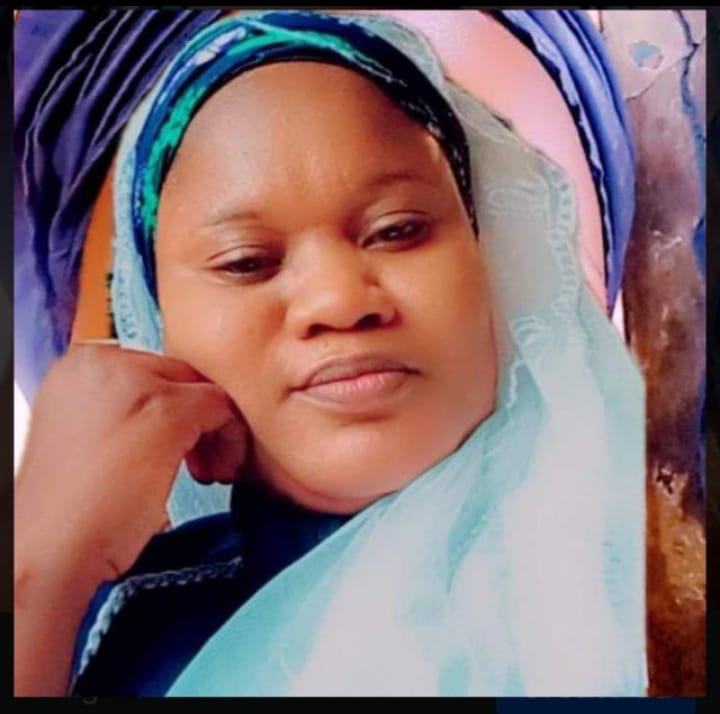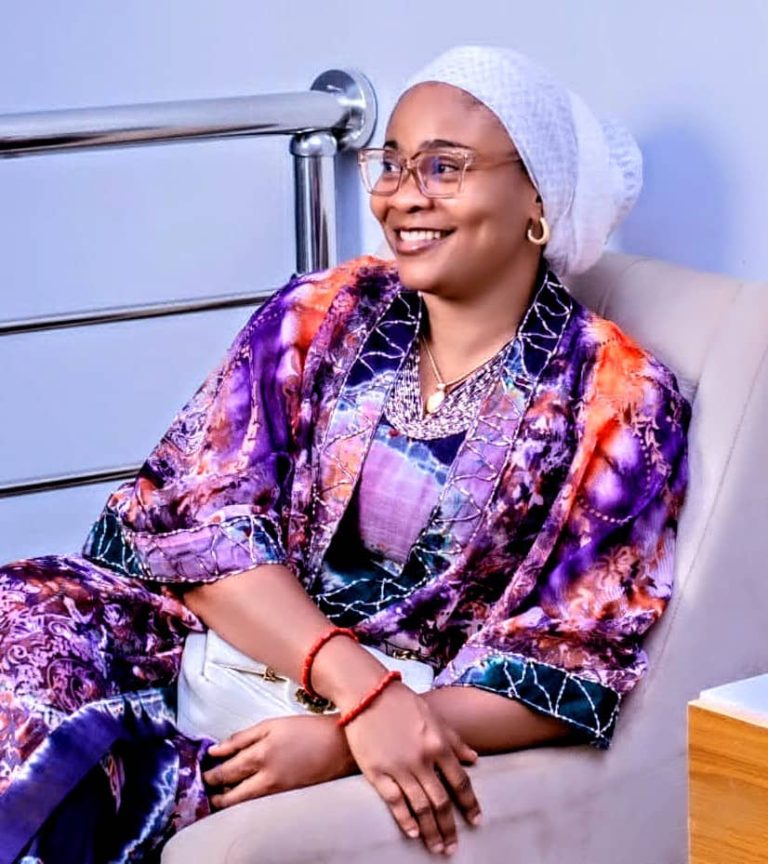Addressing Gender-Based Violence in Nigeria and Africa. By Falilat Oreoluwa Dikko

Addressing Gender-Based Violence in Nigeria and Africa

Gender-based violence (GBV) in Nigeria and across Africa is not just a disturbing trend, it is a full-blown crisis. It festers in the shadows of our homes, our streets, our institutions. Like a serpent underfoot, it strikes when least expected, sinking its fangs into the lives of women and girls who only want to live, love, and dream without fear. For too long, we’ve turned a blind eye. But the time has come to tear off the blindfold and face the storm head-on.
Walk through the crowded markets of Lagos, the silent streets of Maiduguri, or the serene villages of Eastern Nigeria, and you’ll hear them, the whispered stories, the tear-soaked memories, the silences that scream. From the young girl whose dreams were dashed by a trusted uncle, to the mother who carries her scars like unwanted tattoos, every woman knows someone who has suffered, or has suffered herself.

Take, for instance, Ochanya Ogbanje. In 2018, at just 13 years old, she died after years of sexual abuse by her guardian and his son in Benue State. Her story, heart-wrenching and raw, caused national outrage. But as with many such cases, justice lagged. How many more Ochanyas must die before we see the urgency?
Then there is Uwaila Omozuwa, a bright 22-year-old university student in Benin City. In 2020, she went to a church to study, a place that should offer refuge and peace. Instead, it became her final resting place. She was raped and murdered on holy ground. The #WeAreTired and #JusticeForUwa movements that followed her death were not just hastags, they were a collective cry, a nationwide grief that demanded to be heard.
Similarly, the brutal murder of 22-year-old Oluwabamise Ayanwole in 2022 shook Lagos and beyond. She boarded a government-operated BRT bus, thinking she was safe. But safety proved an illusion. Her fearful voice notes, sent to friends while sensing something was wrong, still echo in our hearts. She vanished and was later found dead. A life so full of potential, ended by the very system meant to protect her.

And the pain isn’t limited to Nigeria. In South Africa, femicide has become a grotesque norm. Uyinene Mrwetyana, a 19-year-old university student, was raped and killed in a post office by a government employee in 2019. Her death sparked mass protests, as women, clad in black, marched to say: enough is enough.
In Kenya, hundreds of schoolgirls, some as young as 10 have been impregnated by teachers, relatives, and so-called guardians. The perpetrators? Often shielded by silence, culture, or corruption. The victims? Silenced by shame and forced to drop out of school, their futures traded for a culture of impunity.
Yet, even in the darkest corners, light persists. Organizations like WARIF (Women at Risk International Foundation), Mirabel Centre, and Stand to End Rape (STER) in Nigeria are doing the hard, necessary work. They offer survivors medical care, psychological support, legal help, and a hand to hold when the world turns its back. In South Africa, groups like Rape Crisis and Tears Foundation are lifelines for many.
Governments have started to stir from their slumber. The Violence Against Persons Prohibition (VAPP) Act of 2015 in Nigeria was a step forward. States like Lagos, Enugu, and Ekiti have passed it. But laws are only as strong as their enforcement. And enforcement, sadly, remains a mirage in too many places.
What, then, must be done? First, we must re-educate our boys. From the cradle, they must learn that strength is not domination, and masculinity is not violence. Consent must be taught as essential, not optional. Schools must become safe spaces, not danger zones. Gender education must be embedded in the curriculum, not tagged on as an afterthought.
Police officers and judges must be trained to handle GBV cases with empathy, urgency, and integrity. Too often, survivors are re-traumatized at police stations or courts, treated as suspects instead of victims.
Religious and traditional leaders, and even the cultural gatekeepers, must speak up. The pulpit must become a platform for justice. Silence in the face of abuse is complicity. We need voices that break the chains of patriarchy, not reinforce them.
The media must also rise to the occasion. We must stop glorifying perpetrators and blaming victims. Language matters. Representation matters. Women are not footnotes in their own stories.
And what of us the mothers, sisters, friends, neighbours, citizens? We must not wait for another funeral to raise our voices. We must speak up in boardrooms, classrooms, churches, Mosques and homes. Challenge the rape jokes. Call out the misogyny. Believe survivors. Share their stories if they ask us to. Show up in solidarity. Advocate for change. Let our silence no longer be the weapon used against us.
This is a call “a cry to every woman and every ally: the time to act is now. Not tomorrow. Not when the next Uwaila or Bamise is taken from us. Now. Because every girl deserves to come home safe. Every woman deserves to walk without fear. Every story deserves justice.”
Gender-based violence is not an African curse, it is a global epidemic with local solutions. But the burden, and the power to change, lies with us. Let us not wait until the pain hits home. Let us stand now, together, with courage, with compassion, and with a fire that refuses to go out.
We owe it to Ochanya. To Uwa. To Bamise. To Uyinene. To every unnamed victim whose story was never told. We owe it to the girls yet to be born.
Because their freedom is our fight. Because their safety is our legacy. Because their lives matter.
And we will not be silent.
Falilat Oreoluwa Dikko, author and public affairs analyst writes from Lagos Nigeria 23rd May, 2025



